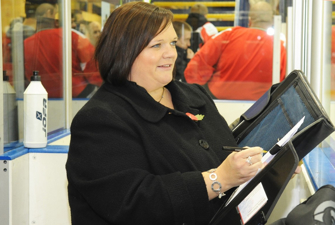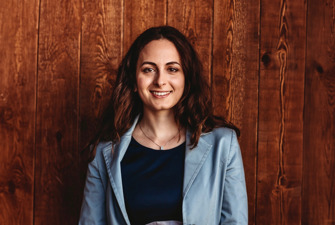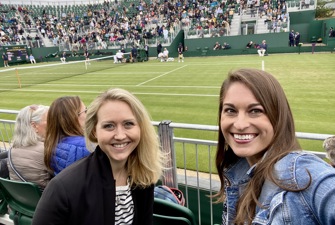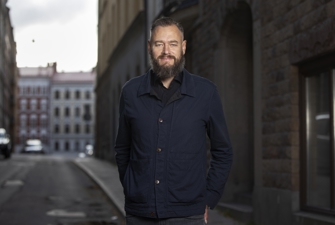Meet the speakers: "International sports governing bodies should ask the Iranian federations why their athletes are imprisoned"
International ice climber and PhD research fellow Zohreh Abdollahkhani joins Play the Game 2024 to speak about how to prevent abuse in sport. She comes from Iran where many athletes are in prison, and she calls on international federations to take stronger action and help them.
What happened to the Iranian athletes who were arrested following the 2022 anti-government protests?
Three of those athletes have been executed since January 2023. There are still dozens of athletes in prison right now, serving long-term sentences such as football player Amir nasr Azadani who is serving a sentence of 26 years, body builder Sahand Noor Mohammadzadeh who is in prison for 16 years, and swimmer Parham Parvari who is serving a sentence of 15 years of exile and imprisonment.
Some are being held under conditions described by human rights bodies as torture. Showing support for prisoners or the reform movement Woman Life Freedom can have serious consequences for anyone.
Does the Iranian government see athletes as a particular source of dissent?
The regime seems to be afraid of any group or organisation including sport communities that gather people together, even the very Islamic religious groups. That's why security guards accompany national team players to international sporting events to prevent them from speaking out against the regime.
Additionally, athletes and teams must provide financial guarantees to their national federations before travelling abroad for international sports competitions. These measures are in place to ensure that no one speaks out against the current dire situation.
What are global sports federations doing to defend human rights in Iran?
The president of the Iranian National Olympic Committee was summoned to Lausanne last year following the executions. He was interviewed at the airport when he came back to Iran, and he literally said that he’d told the IOC that Iran isn’t able to adhere to all of its Olympic charter. And after that nothing happened.
What kind of relationship does the IOC have with a regime that clearly says it does not respect the Olympic charter? Just last week IOC president Thomas Bach sent a video message to Iran praising its National Olympic Committee. At a time when athletes are being imprisoned and executed, I find this unbelievable.
Why aren’t global sports federations more critical of Iran?
According to their own statutes, global sports federations have a responsibility to safeguard athletes and to ensure that universal human rights values are upheld. Today, everyone seems to be talking about the importance of safeguarding. But while the focus is put on athletes who have been subjected to harsh language, athletes in Iran are being executed. Given what is happening there, I can’t understand the lack of attention.
The IOC has a framework on human rights, and it stresses the importance of safeguarding vulnerable groups. If I was ever to meet Bach or FIFA president Gianni Infantino this is probably the one question I would ask. What kind of relationship do you have with the regime in Iran that prevents you from criticising it?
I don’t understand how staying silent benefits the IOC or FIFA. Infantino knows that the Islamic regime doesn’t allow women into stadiums, except for exceptional events via a few hand-picked women, but they don’t put tickets on sale to women. How does it benefit FIFA to close its eyes to such things?
What measures could be taken by global sports federations?
I want the IOC to apply the objectives and actions of its own human rights frameworks to the National Olympic Committee of Iran.
International bodies should reach out to each and every Iranian federation and ask what is happening to their athletes, why they are being imprisoned. Their enquiries should refer to imprisoned athletes by name and follow up on what is happening to them. It has been shown that prisoners’ situations can change when pressure is applied.
Would you support the isolation of Iran from international sport?
No, I wouldn’t. What good does it do to ban individual athletes? I don’t support isolating athletes from any country. The pressure has to be put on the governing bodies of Iranian sports, on the decision-makers who have the power. It is said that sport has the power to bring about change. We need to be shown that this can be true.
Zohreh Abdollahkhani is an international ice climber and PhD research fellow at the University of South Eastern Norway.
She will take part in the session 'Steps towards prevention of abuse in sport' on Monday 5 February at Play the Game 2024.
Play the Game 2024 will take place in Trondheim, Norway, on 4-7 February 2024.



